Discover the Top 5 Face Masks for every skin type, from hydrating formulas for dry skin to purifying masks for acne-prone skin. Find the perfect match to achieve glowing, healthy skin with our expert recommendations and tips.
Introduction
In today’s beauty world, face masks have become an essential part of skincare routines. Whether you’re dealing with dry skin, oily skin, or sensitive skin, there’s a face mask designed to cater to your needs. In this post, we will take you through the Top 5 Face Masks suitable for all skin types, so you can pick the one that works best for your skin concerns.
The key to selecting the perfect face mask lies in understanding your skin’s needs. From dry to oily, sensitive to combination skin, each type requires different ingredients and formulations to address specific concerns. Whether you’re struggling with dryness, excess oil, acne, or irritation, the right face mask can help restore balance, hydrate, and give your skin the boost it deserves.
Understanding Different Skin Types
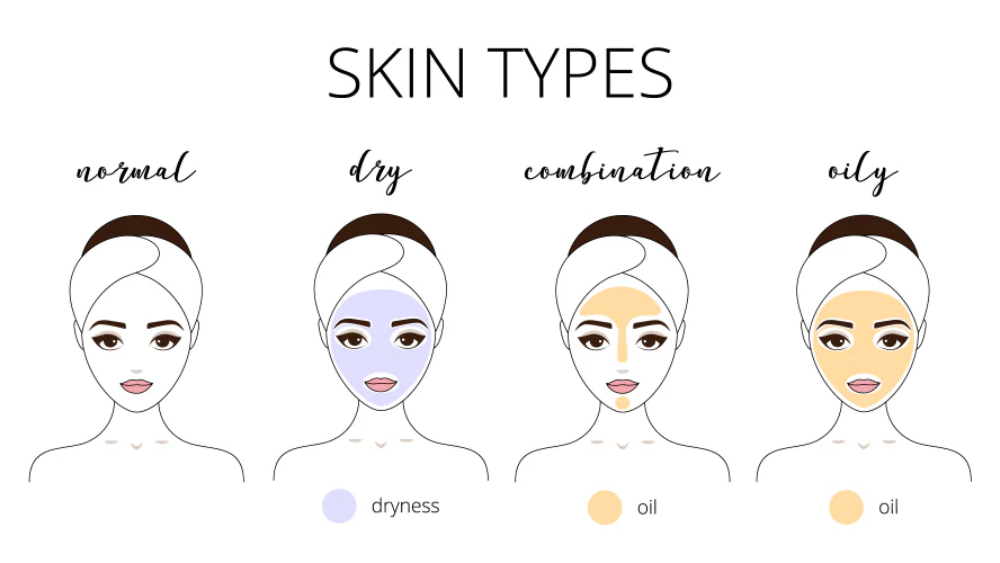
Before diving into the Top 5 Face Masks, it’s essential to understand the different skin types. Your skin type influences how your skin responds to products like face masks. Here’s a brief overview of the most common skin types:
Dry Skin
Dry skin often feels tight, flaky, and can show signs of dullness. People with dry skin should look for face masks that provide hydration and nourishment.
Common Issues:
- Flakiness
- Redness or irritation
- Tightness after cleansing
- Dullness and uneven texture
What It Needs:
- Intense hydration and moisture restoration
- Nourishment to replenish lost oils
- Soothing ingredients to calm the skin
Oily Skin
Oily skin is characterized by excess sebum production, which can lead to acne and a shiny appearance. Face masks for oily skin should focus on controlling oil and deep cleansing pores.
Common Issues:
- Excess shine, especially in the T-zone
- Clogged pores and blackheads
- Acne and breakouts
What It Needs:
- Oil control without drying out the skin
- Deep cleansing to remove excess oil and impurities
- Pore minimization and acne prevention
Combination Skin
Combination skin is a mix of both dry and oily areas, often with an oily T-zone and dry cheeks. Face masks for combination skin need to balance hydration without exacerbating oiliness.
Common Issues:
- Oily T-zone (forehead, nose, chin)
- Dry or flaky cheeks
- Imbalance in oil and moisture levels
What It Needs:
- Balancing hydration and oil control
- Gentle formulas that hydrate dry areas without making oily areas worse
- Targeted treatment for specific zones
Sensitive Skin
Sensitive skin is prone to redness, irritation, and reactions. People with sensitive skin need face masks that soothe and calm without harsh ingredients.
Common Issues:
- Redness and inflammation
- Itchiness or burning sensation
- Reaction to certain ingredients or products
What It Needs:
- Gentle, calming ingredients like aloe vera, chamomile, and calendula
- Fragrance-free and hypoallergenic products
- Hydration and protection from external irritants
Acne-Prone Skin
Acne-prone skin often suffers from clogged pores and breakouts. Face masks for acne should focus on purifying and reducing inflammation.
Common Issues:
- Typically, there aren’t significant issues with normal skin, though environmental factors can occasionally cause dryness or breakouts.
What It Needs:
- Maintenance of hydration levels
- Occasional deep cleansing or exfoliation to maintain smoothness
- Products to enhance natural glow and skin health
Top 5 Face Masks for Every Skin Type
Now, let’s explore the Top 5 Face Masks that are designed to cater to all skin types, ensuring that you find the perfect match for your skincare routine.
1. Hydrating Face Mask: The Best for Dry Skin
Dry skin requires a face mask that can provide intense hydration. Look for masks that contain ingredients like hyaluronic acid, glycerin, or aloe vera. These ingredients deeply moisturize the skin and help retain moisture.
Recommended Mask: Laneige Water Sleeping Mask
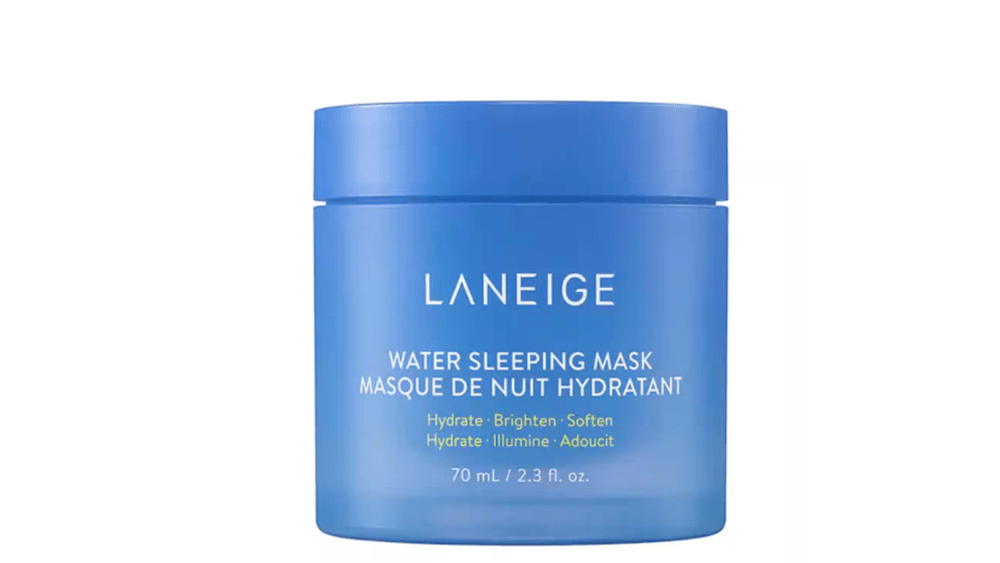
- Key Ingredients: Hydro Ionized Mineral Water, Beta-Glucan, and Hunza Apricot Extract
- Why It Works: This overnight mask provides deep hydration and helps to repair the skin while you sleep, leaving your skin feeling plump and refreshed.
2. Clay Face Mask: The Best for Oily and Acne-Prone Skin
Clay masks are great for oily and acne-prone skin types as they help absorb excess oil and cleanse pores. Look for masks with kaolin clay or bentonite clay, which have natural oil-absorbing properties.
Recommended Mask: Aztec Secret Indian Healing Clay
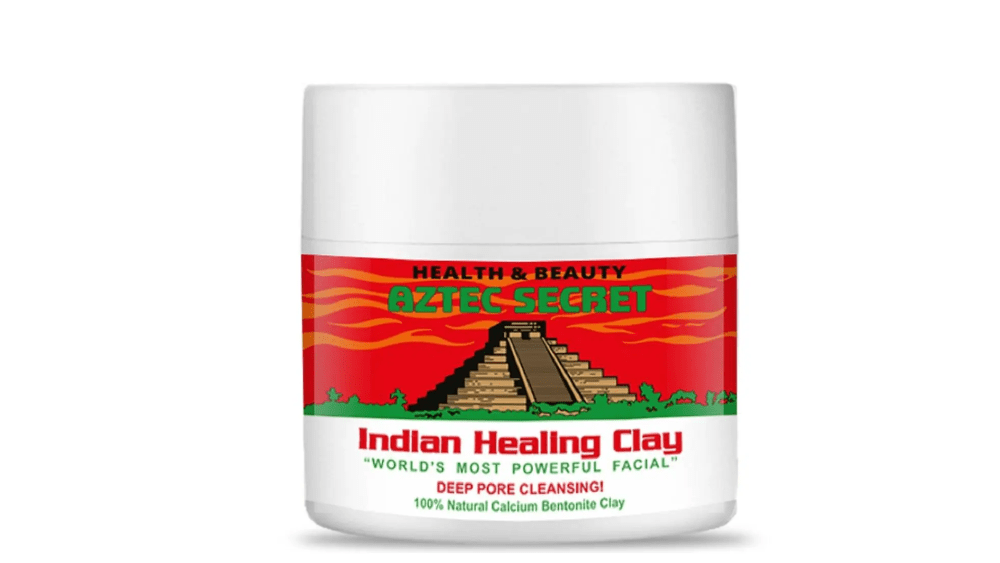
- Key Ingredients: Bentonite Clay
- Why It Works: This powerful mask deeply cleanses pores, removes toxins, and reduces excess oil production, making it perfect for oily and acne-prone skin.
3. Brightening Face Mask: The Best for Dull and Uneven Skin
A brightening mask helps to even out skin tone, reduce dark spots, and give your complexion a radiant glow. Vitamin C, licorice extract, and niacinamide are all excellent ingredients to look for.
Recommended Mask: Fresh Vitamin Nectar Vibrancy-Boosting Face Mask
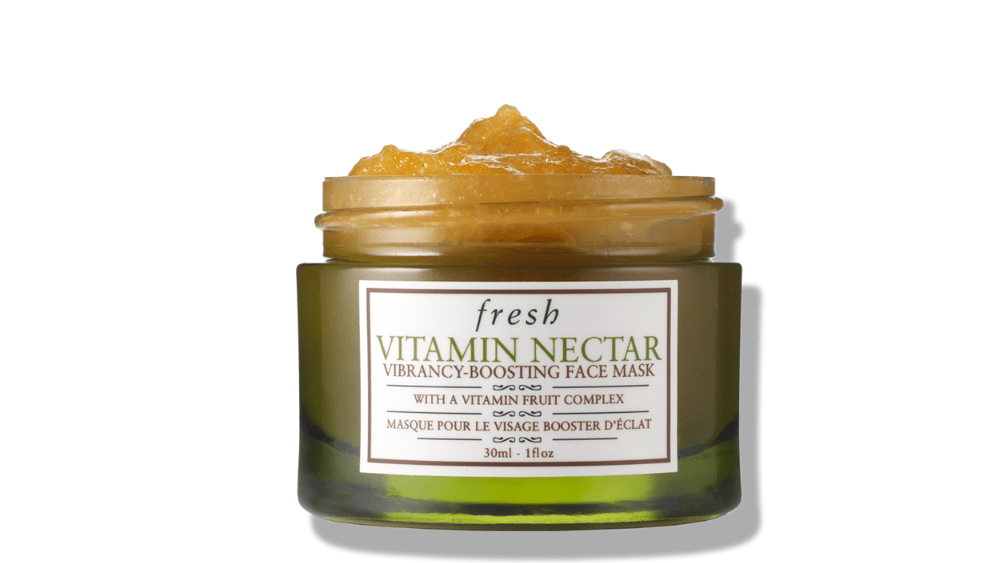
- Key Ingredients: Vitamin C, Citrus Extracts, and Jojoba Oil
- Why It Works: This mask brightens dull skin, evens out pigmentation, and provides instant radiance. It’s perfect for anyone looking to revitalize their complexion.
4. Soothing Face Mask: The Best for Sensitive Skin
Sensitive skin needs a calming face mask that soothes irritation without causing further redness. Look for masks with ingredients like chamomile, aloe vera, and oatmeal.
Recommended Mask: Kiehl’s Calendula & Aloe Soothing Hydration Mask
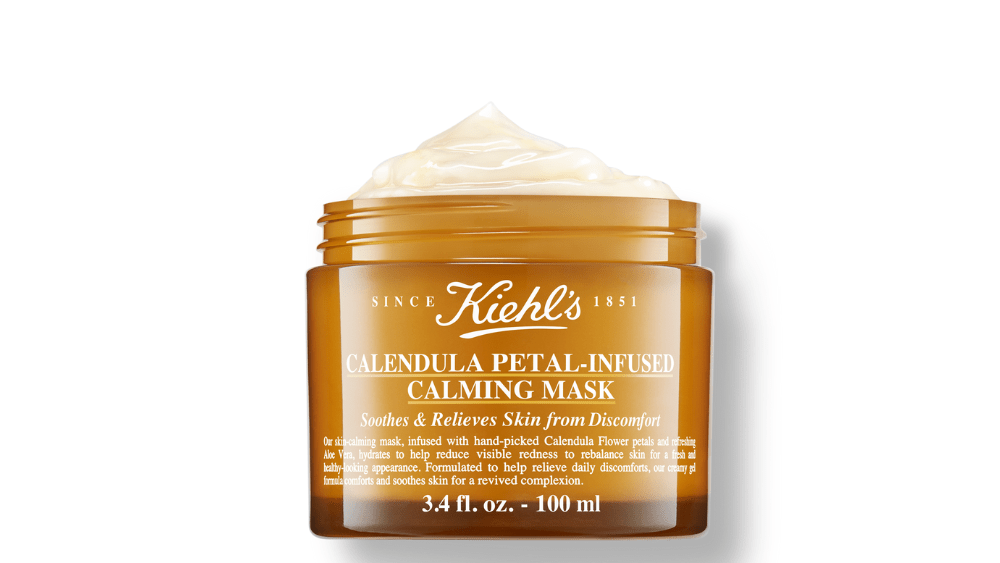
- Key Ingredients: Calendula Extract, Aloe Vera, and Allantoin
- Why It Works: This mask helps calm sensitive skin, reduces inflammation, and provides instant hydration. Ideal for those who need a gentle mask that doesn’t irritate.
5. Multi-Tasking Face Mask: The Best for Combination Skin
For combination skin, a multi-tasking mask that can balance hydration and oil control is essential. Look for masks that cleanse, hydrate, and provide a healthy glow.
Recommended Mask: Origins Clear Improvement Active Charcoal Mask
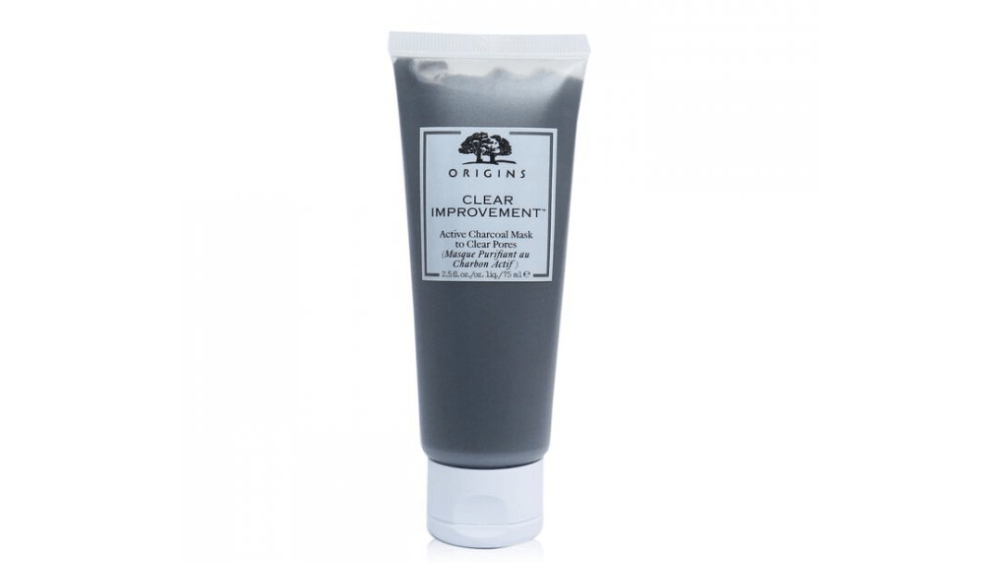
- Key Ingredients: Bamboo Charcoal, White China Clay, and Lecithin
- Why It Works: This mask detoxifies the skin, absorbs excess oil, and clears clogged pores while maintaining hydration. It works well on combination skin as it addresses both dry and oily areas.
How to Use Face Masks for Best Results
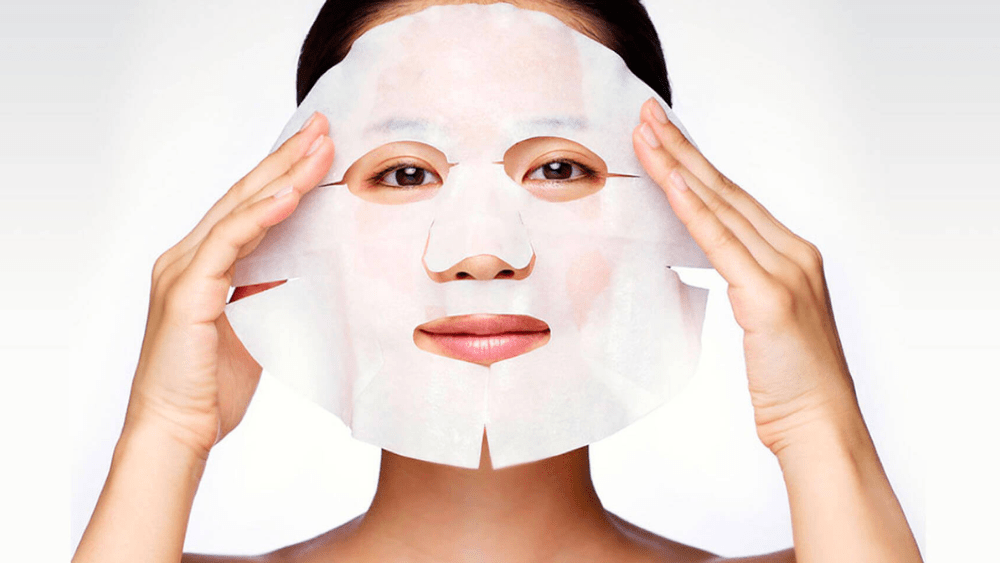
Face masks are a fantastic way to address specific skin concerns and improve your overall skincare routine. To maximize their benefits, it’s essential to apply them correctly. While each type of mask may have slightly different instructions, there are universal steps you can follow to ensure you get the most out of your treatment. Here’s a step-by-step guide on how to use face masks for the best results:
Cleanse Your Skin Thoroughly
Before applying any face mask, make sure your face is clean and free from dirt, oil, and makeup. Cleansing allows the mask to penetrate deeper into the skin and ensures that the active ingredients are absorbed more effectively.
- Choose the right cleanser: Use a gentle, non-stripping cleanser suited to your skin type. For dry skin, opt for a creamy or hydrating cleanser. For oily or acne-prone skin, use a foaming or gel-based cleanser to remove excess oil.
- Avoid exfoliating before applying a mask unless the mask itself contains exfoliating agents. Over-exfoliating can cause irritation and reduce the mask’s effectiveness.
Apply the Mask Evenly
Once your skin is clean and dry, it’s time to apply the mask. Make sure you apply it evenly across your face, avoiding the delicate skin around your eyes and mouth unless the product specifically allows for it.
- Use clean hands or a brush: Applying the mask with clean hands or a brush ensures that the product stays free from bacteria and contaminants.
- Be generous but not excessive: Apply a thick, even layer of the mask, but avoid overloading your skin, as this may make it harder for the mask to work effectively.
Relax and Let the Mask Work
The next step is crucial: give the mask time to work. Most face masks need between 10-20 minutes to show their effects. While the mask is on, take a moment to relax and let the ingredients sink in.
- Don’t leave it on too long: Leaving a mask on for too long may not provide additional benefits and could even cause irritation. Stick to the recommended time.
- Set a timer: Avoid leaving the mask on longer than instructed. If you forget about it, you might end up with dried-out skin or clogged pores.
Rinse with Lukewarm Water
Once the mask has had time to work its magic, it’s time to remove it. Use lukewarm water to gently rinse off the mask. Hot water can strip the skin of its natural oils, while cold water might not effectively remove the mask.
- Use a soft cloth: If the mask is difficult to remove with just water, gently wipe it off with a damp cloth or sponge. Make sure to be gentle with your skin to avoid irritation.
Follow Up with Toner
After rinsing off the mask, apply a toner to help balance the skin’s pH and tighten pores. A hydrating toner can further soothe and prepare your skin for moisturization.
- Look for a soothing toner: Choose a toner that complements the mask’s purpose. If your skin is dry, go for a hydrating toner. If you’re addressing acne or oily skin, opt for one with salicylic acid or witch hazel to help refine pores.
Conclusion
Finding the perfect face mask can transform your skincare routine. Whether you’re looking to hydrate dry skin, combat oil and acne, or soothe sensitive skin, the Top 5 Face Masks listed here will provide you with options that are tailored to your skin’s needs. Remember, consistency is key, and with regular use of the right face mask, you’ll notice glowing and healthy skin in no time.
FAQs
How often should I use a face mask?
The frequency of using a face mask depends on your skin type and the type of mask. For most masks, 1-2 times a week is sufficient. If your skin is sensitive or dry, once a week is enough to avoid irritation.
Can I use multiple face masks at once?
Yes, you can use different face masks on different areas of your face, a technique called “multi-masking.” For example, you can apply a clay mask to your T-zone (oily area) and a hydrating mask to your cheeks (dry area). This works especially well for combination skin.
Are face masks safe for sensitive skin?
Yes, but it’s essential to choose face masks that are formulated for sensitive skin. Look for masks with calming ingredients like aloe vera, chamomile, or calendula. Avoid harsh chemicals and fragrances that may irritate sensitive skin.
Can I use a face mask if I have acne?
Yes! Certain masks are specifically designed for acne-prone skin. Look for masks that contain ingredients like salicylic acid, charcoal, or clay. These ingredients help absorb excess oil, unclog pores, and reduce inflammation, which can help prevent breakouts.
Should I wash my face before or after applying a face mask?
Always cleanse your face before applying a face mask. Clean skin allows the mask’s ingredients to penetrate deeper and work more effectively. Make sure your face is free from makeup, dirt, and excess oils before applying a mask.
Can I leave a face mask on overnight?
It depends on the type of mask. Hydrating masks, like overnight masks, are safe to leave on while you sleep. However, most other masks, such as clay or charcoal masks, should be washed off after the recommended time to avoid drying out your skin.
How do I choose the right face mask for my skin type?
Choosing the right face mask is all about understanding your skin’s needs. For dry skin, look for hydrating masks with ingredients like hyaluronic acid or aloe vera. For oily or acne-prone skin, opt for clay or charcoal masks that absorb oil and purify pores. Sensitive skin benefits from soothing masks with ingredients like chamomile or calendula.
Disclaimer: The information provided is for general guidance only. Face masks are for external use only. Conduct a patch test before use to check for potential allergic reactions. Discontinue use if irritation or discomfort occurs, and consult a dermatologist if needed. Results may vary based on individual skin types. Avoid contact with eyes and keep out of reach of children.

